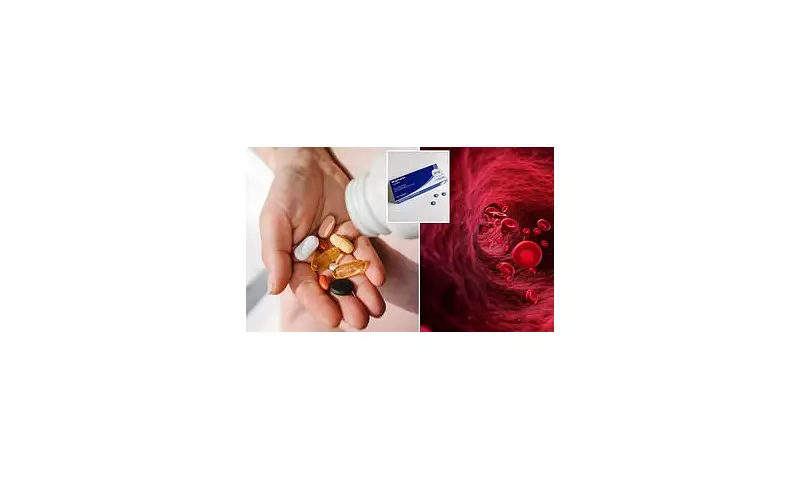
A stark new warning from the NHS is putting millions of Britons on high alert. Patients taking vital medication for high blood pressure are being cautioned that popular over-the-counter supplements could trigger dangerous and even life-threatening interactions.
The safety review, led by the NHS, has identified several common herbal remedies that pose a significant risk. These supplements can either drastically reduce the medication's effectiveness, leading to uncontrolled blood pressure, or dangerously amplify its effects, causing a perilous drop.
The Risky Supplements You Need to Know About
Among the most concerning products are ones found in health food shops and pharmacies across the country:
- St John's Wort: Often used for depression and anxiety, this herb can severely reduce the concentration of blood pressure drugs in the bloodstream, rendering them useless.
- Ginkgo Biloba: Taken to boost memory and cognition, it can thin the blood, increasing the risk of dangerous bleeding when combined with certain hypertension medications.
- Echinacea, Ginseng, and Liquorice: These popular remedies can also interfere with how the body processes medication, leading to unpredictable and hazardous side effects.
Why This Interaction Is So Dangerous
High blood pressure, or hypertension, is often called a 'silent killer' because it typically has no symptoms. Patients relying on medication to control it may feel perfectly fine, even while their blood pressure is soaring to stroke-inducing levels if their pills are compromised.
Conversely, if a supplement causes blood pressure to drop too low, patients can experience dizziness, fainting, falls, and organ damage due to insufficient blood flow.
Expert Advice for Patients
Medical professionals are urging the public to adopt a crucial new habit: always consult your GP or pharmacist before starting any new supplement, vitamin, or herbal remedy.
"Patients must be transparent about everything they are taking," advises a leading NHS cardiologist. "What seems 'natural' and harmless can have powerful pharmacological effects that your doctor needs to know about to keep you safe."
This warning serves as a critical reminder that when it comes to mixing medicine and supplements, it's always better to be safe than sorry.





